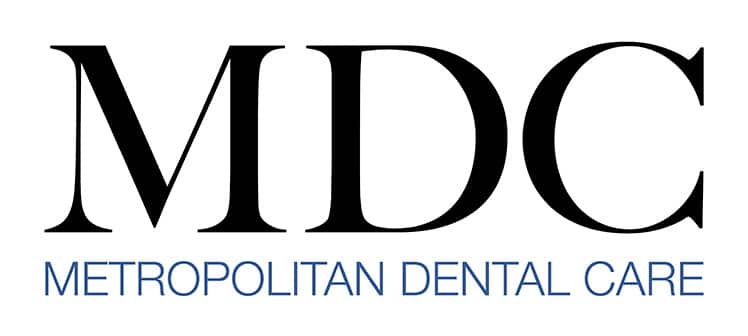Do I Have TMJ/TMD? Common Signs & Symptoms

Living with persistent jaw pain, headaches, or even clicking sounds while chewing can be a challenging experience. For many, these symptoms are indicators of TMJ (temporomandibular joint) or TMD (temporomandibular disorders). But what exactly are TMJ and TMD, and how do they impact daily life? In this blog post, we’ll unravel the mystery surrounding these common conditions, helping you understand the signs, symptoms, and treatment options available. Join us as we explore the world of TMJ and TMD, offering insights that could lead to a more comfortable, pain-free life.
Introduction to TMJ/TMD
The temporomandibular joint (TMJ) connects the jawbone to the skull and is essential for activities like chewing and speaking. TMJ disorders, or TMD, can arise due to factors like arthritis, injury, or genetics, significantly impacting daily life. Recognizing symptoms is crucial for managing these disorders effectively, allowing individuals to seek appropriate care.
Common Signs and Symptoms
Experiencing jaw pain is one of the most common indicators of TMJ/TMD. This pain often occurs around the jaw joint and can extend to the neck and shoulders. Clicking or popping sounds when you open or close your mouth are also telltale signs. These sounds might be accompanied by limited jaw movement or even a jaw that locks in place, making it difficult to perform routine activities.
Headaches and earaches are other frequent symptoms that TMJ sufferers encounter. These headaches can range from mild to severe, often mimicking tension or migraine headaches. Earaches might not involve an infection but can still cause discomfort. Additionally, some individuals may experience facial pain, dizziness, or even ringing in the ears, known as tinnitus.
Knowing these symptoms can empower you to identify TMJ/TMD early and take steps toward diagnosis and treatment. Ignoring these signs can lead to worsening conditions, making it crucial to address them promptly.
Diagnosing TMJ/TMD
If you suspect TMJ/TMD, consult a dental or medical professional for a comprehensive examination to differentiate it from other conditions. Specialists use assessments and imaging tests like X-rays or MRIs to identify issues. Early intervention is crucial to prevent complications and manage symptoms effectively.
Management and Treatment Options
Managing TMJ/TMD involves several approaches, starting with non-invasive treatments like lifestyle changes and applying heat or ice. Professional options include oral splints, mouthguards, myofunctional therapy, and physical therapy exercises. In severe cases, surgery like arthroscopy may be considered, but it's usually a last resort for significant structural issues.
Living with TMJ/TMD
Managing TMJ/TMD involves techniques to reduce discomfort and improve daily life. Stress management practices like yoga or meditation can help relieve symptoms by relaxing jaw muscles. Incorporating jaw exercises enhances mobility, with consistency being crucial. Seeking healthcare support and connecting with others can offer valuable insights and encouragement, helping you live comfortably with TMJ/TMD.
Conclusion
Understanding TMJ/TMD is the first step toward alleviating its impact on your life. By recognizing common signs and symptoms, you can take proactive measures to address the condition. Consulting with professionals, exploring treatment options, and adopting lifestyle changes can make a significant difference in your comfort and well-being.
If you suspect you have TMJ/TMD, don’t hesitate to seek professional guidance. Remember, you don’t have to endure the discomfort alone. Reach out to healthcare providers who specialize in managing TMJ disorders and take the first step toward a more comfortable, pain-free life. With the right approach, managing TMJ/TMD is possible, and relief is within reach.
Frequently Asked Questions About TMJ/TMD
What causes TMJ/TMD?
TMJ/TMD can result from a variety of factors, including arthritis, jaw injury, stress, or even genetic predisposition. It’s essential to consult a professional for an accurate diagnosis and tailored treatment plan.
Can TMJ/TMD be cured?
While there may not be a permanent cure for TMJ/TMD, effective management strategies can significantly alleviate symptoms and improve quality of life. With the right approach, many individuals experience relief and lead comfortable lives.
Learn More From Metropolitan Dental Care
If you have any of the signs or symptoms of TMJ/TMD, Metropolitan Dental Care can provide an evaluation and diagnosis. Call 212-867-4223 or contact us today to learn more and schedule an appointment.
